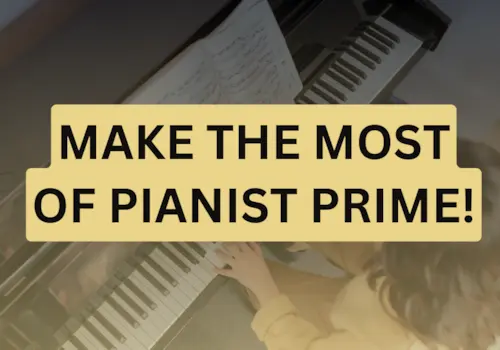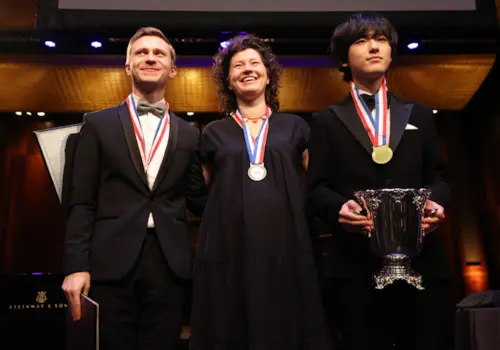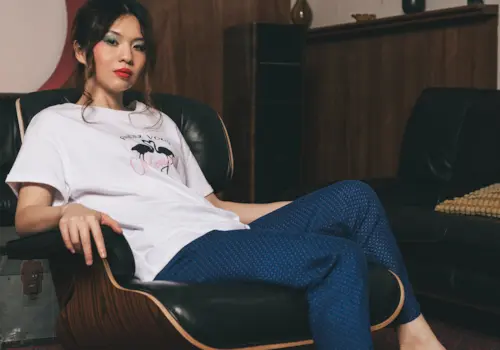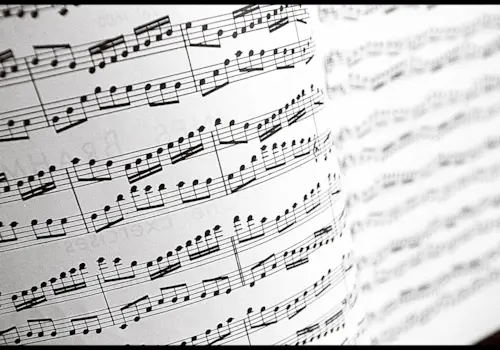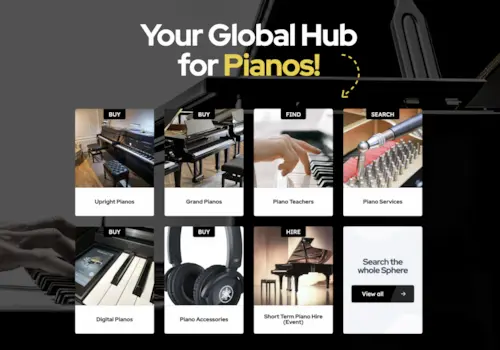10 November 2017
|
Unrivalled online museum of musical curiosities opens its digital doors.
A virtual museum featuring sound, pictures and information about the UK’s most important musical instruments has been launched at minim-uk.
From ancient Egyptian bone clappers in the form of human hands to instruments owned by Charles II, Queen Elizabeth I and Queen Victoria and composers such as Elgar and Chopin, and the earliest-known stringed keyboard instrument in the world, the public will be able to visit a single virtual location for the first time and freely explore the UK’s most important musical instruments.
The instruments, currently held in 200 separate collections across the UK, have been gathered together in a virtual museum online at MINIM-UK thanks to a major project led by the Royal College of Music, in partnership with the Horniman Museum and Gardens, Royal Academy of Music, University of Edinburgh, and Google Arts and Culture, with funding from the Higher Education Funding Council for England (HEFCE).
Many of these collections have not been easily accessible to the public before, many of them hidden in local collections and remote locations, unseen in storage, or not previously documented online. MINIM-UK has brought together the resources that were already online (e.g. collections held by Victoria & Albert and British Museums) and, for the first time, fully documented and digitised others. Its cataloguers travelled over 10,000 miles for 200 days to collect photographs, video and sound recordings and stories spanning from the Scottish Highlands to the South coast.
Among the precious instruments whose sound is available online for the first time is the earliest known stringed keyboard instrument in the world, which dates from ca. 1480. So far the sound of over 400 musical instruments has been captured, and this is set to grow in future years.
Gabriele Rossi Rognoni, Curator of the Royal College of Music Museum, explains: ‘The instruments collected at MINIM-UK are an important part of our national heritage. It is tremendously exciting to work with Google to enable so many people to connect with these beautiful and fascinating objects in a myriad of new ways. We are also delighted that thanks to the wonders of modern technology we have so many ways to allow people to explore these treasures.’

